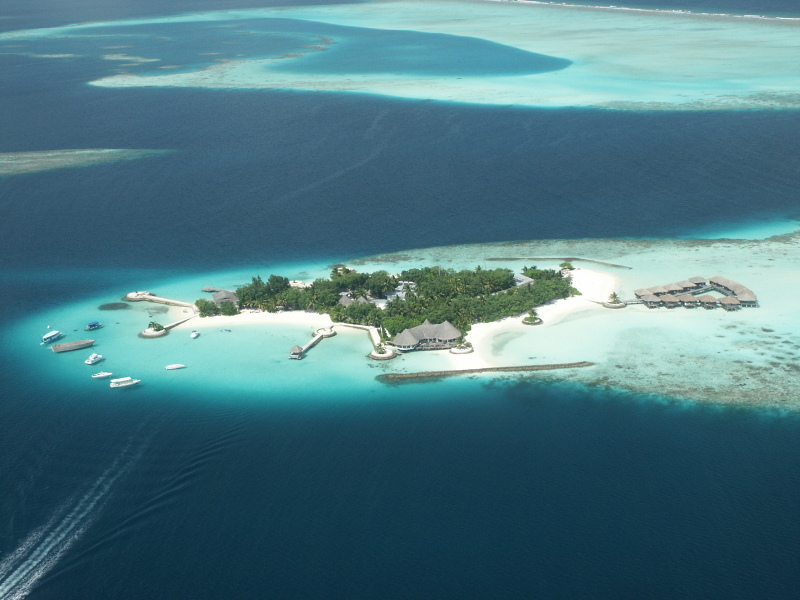

The 20th United Nations Framework Convention on Climate Change (UNFCCC) started today on the 12th of December at Lima, the capital city of Peru. Representatives from around the world gathered to discuss the current situation regarding Global Warming and possible measures that could be taken to prevent disasters.
Herald Media reported that representatives from a number of island nations and the AOSIS (Alliance of Small Island States) have voiced a dire request that the nations of the world will cooperate in reducing the amount of carbon dioxide and other Green House Gases.
According to the United Nations' Intergovernmental Panel on Climate Change (IPCC) it is believed that 44 states including the Republic of the Maldives, the Marshall Islands and the Republic of Nauru. IPCC also reported that by the year 2100, the Earth's climate would have risen up to 4.8 degrees (Celsius), and many islands are on the verge of submerging under the rising sea level.
The Republic of the Maldives is probably in the most danger. Around 80 percent of the islands' territory is only around 1 meter above sea level, and ever since the 1900s, the sea level of the Indian Ocean has risen around 14 centimeters. In addition, almost half the republic's population is believed to be living less than 100 meters from the shores. In a matter of just several years, IPCC reported that the Indian Ocean will have risen up to 82 centimeters, submerging the Republic of the Maldives completely.
Other island nations including Tuvalu and the Marshall Islands are also in danger of falling victim to Global Warming. Enele Sopoaga, the governor of Tuvalu who was also present at Lima strongly urged the global community to start thinking about the lives that will be lost should the worst happen.
AOSIS representatives who were present at the 20th UNFCCC emphasized that even 1 degree's difference in the Earth's climate could bring about disastrous consequences. The AOSIS set up a goal with the United Nations to lower the Earth's average climate by 1.5 to 2 degrees Celsius.
Meanwhile, according to News 1, the United States and China have announced their strategies regarding reduction in their domestic exhaustion of Green House Glasses. U.N. Secretary General also strongly urged global powers including Japan and Russia to also cooperate in reducing the amount of Green House Gases that are the main cause of Global Warming.


















